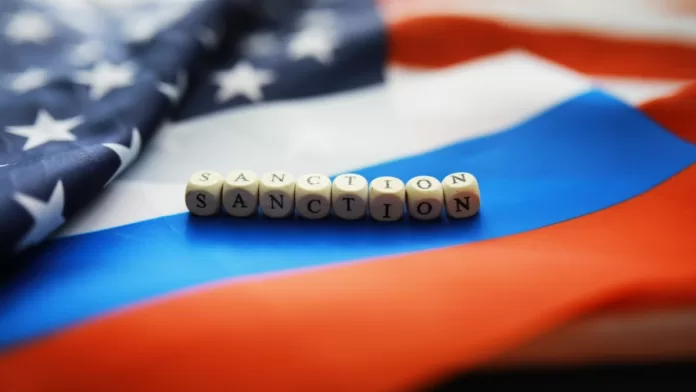At the recent Group of Seven (G7) summit held in Alberta, Canada, leaders from across Europe urged U.S. President Donald Trump to impose tougher sanctions on Russia. These sanctions are financial penalties meant to pressure countries to change their behavior.
European leaders believe that increasing the economic pressure on Russia is necessary to force President Vladimir Putin to negotiate more seriously to end the war in Ukraine, now entering its fourth year.
Despite these strong calls, Trump has so far declined to act. He has said many times that he is “considering” new penalties but has not followed through. When asked why he is holding back, Trump explained that sanctions are expensive—not just for the country they target, but for the United States as well.
He pointed out that European countries are also calling for stronger sanctions, but they haven’t all acted yet. “Europe is saying that, but they haven’t done it yet. Let’s see them do it first,” Trump said.
G7 Demands Ceasefire from Russia, Vows Stronger Sanctions If Ignored
Trump Cites High Costs for US
Trump explained his stance by emphasizing that sanctions don’t just hurt the targeted country—they also have a financial impact on the United States. Speaking to reporters at the summit, he said, “Sanctions cost us a lot of money. When I impose them on a country, it ends up costing the U.S. billions. It’s not as simple as signing a piece of paper—it’s a massive financial decision.”
Sanctions typically mean cutting off trade or business with a country, and that can affect both sides. For example, if the U.S. bans certain goods or services going to or from Russia, American businesses might lose sales or find it harder to get supplies. That, Trump says, can damage the U.S. economy and jobs at home.
Trump added that he is waiting to see if any peace agreement is possible before taking action. “Whether or not a deal is signed”—that is what he says he wants to determine before approving new economic measures.
US Urges G-7 Nations to Target Russia’s Palladium and Titanium with New Sanctions
Strain Over Ukraine Strategy
The pressure to act is rising as the war in Ukraine shows no signs of ending. Russian President Vladimir Putin has refused calls for a ceasefire and still demands large areas of Ukrainian territory. He has not agreed to meet directly with Ukrainian President Volodymyr Zelenskyy for talks. Many European leaders think only strong, united action—including U.S.-led sanctions—can bring Putin to the table.
The situation became more tense after Trump met with German Chancellor Friedrich Merz earlier this month. During that meeting, Trump expressed frustration with both sides in the conflict and said that maybe other nations should “let them fight for a while.” That comment caused concern among allies, who fear the U.S. might be stepping back from its support of Ukraine.
European leaders want a tougher and faster response from Washington, believing that Russia will only negotiate seriously if it feels real economic pressure. But Trump remains cautious, saying the U.S. must consider the financial cost of such decisions.


